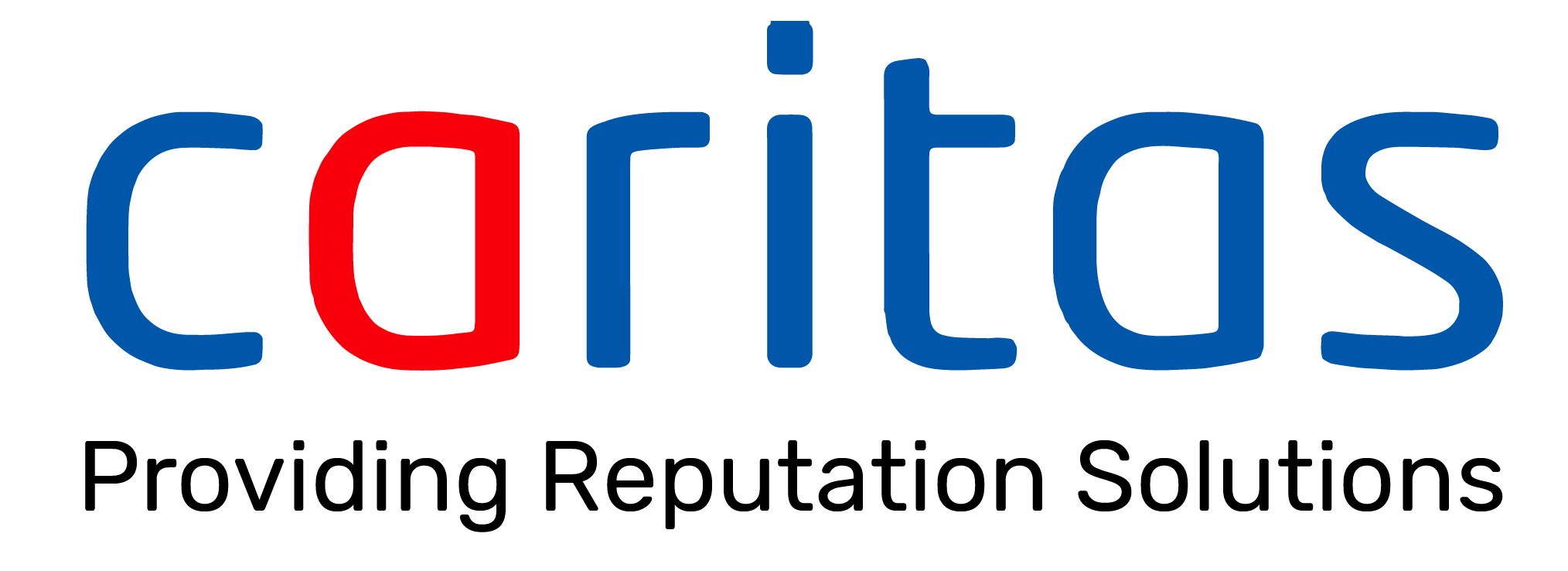A team of PR experts with a combined experience of more than 100 years has cautioned professionals to go-forward to work and not backwards. The call was made at a Webinar hosted by Caritas Communications, a leading public relations and reputation management consultancy.
Moderated by Adedayo Ojo, CEO of Caritas Communications, the webinar centered on the topic, “Managing Reputation in the COVID-19 Milieu” and had a panel of discussants made up of Emeka Oparah, Vice President, Corporate Communications & CSR, Airtel; Anne Ezeh, Communications Director, GE Gas Power Business, Sub-Saharan Africa and Ade Adefeko, Vice President, Corporate & Government Relations, OLAM Nigeria who used the platform to share new thinking in reputation management against the backdrop of Covid-19.
According to Adedayo, the Covid-19 pandemic has changed the way the world operates and in order to excel in the face of new realities, public relations consultants must plan on going forward to work rather than back to work.
Adedayo Ojo, kicked off the discussion by giving an overview of the importance of public relations to businesses in the Covid-19 era. According to him, the public relations discipline may have finally found itself in a position to steer brand creativity rather than being consigned to the supporting role it has been stuck in for so long.
He noted that Covid-19 may have served as a catalyst to accelerate change and poses the bigger and more complex questions, “it is an opportunity to prepare for how we define what comes next”.
On his part, Emeka Oparah explained that it is very important for organisations and communications managers to be well prepared for crisis. “It is important to prepare for crisis, which can come in any form, such as fire, water or even the current virus. Crisis is an opportunity for crisis managers to show their preparedness and creativity”, he said.
Anne Ezeh admonished organisations to invest in safety. In her words, “this crisis has really brought safety to the fore. There is no compromise for safety and any organisation compromising safety is setting itself up for litigation or crisis”.
Ade Adefeko spoke on the need for organisations to ensure that communications managers play a key role in management and have access to first-hand information, in order to be more proactive in dealing with crisis. “A serious organisation will have its communications manager on the management team. This will help the communication manager to get firsthand information to guide his knowledge of the business”.
He also highlighted the importance of extensive knowledge acquisition for communications managers. “Be the go-to person that can be turned to for expert knowledge, advice, or reliable performance, especially in a crucial situation”.
On suggestions that lobbying should be regulated, Ade Adefeko and Emeka Oparah cautioned that this could hamper the ability of government relations professionals to help lawmakers understand and properly address issues that border on public good.
In Anne Ezeh’s view, self-regulation for lobbying already exists since most organisations have a code of conduct for government relations officers.
The webinar, the first in a series of planned editions, was organised and hosted by The Reputation Solutions Faculty, a business unit of Caritas Communications, that is committed to enabling useful conversations and knowledge sharing on the subject of communication and its roles in business, government and society.
About Caritas
Caritas Communications is a full-service, public relations, reputation management, digital engagements and management consultancy. Caritas is trusted by the world’s most highly-admired companies to help them protect, manage and capitalise on their reputation. We do this by offering full public relations services as well as research, consultancy and training to support all aspects of companies’ stakeholder communication, management and outreach.

